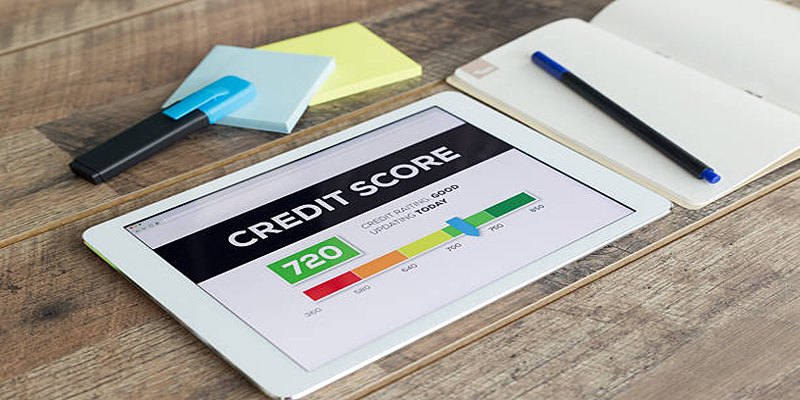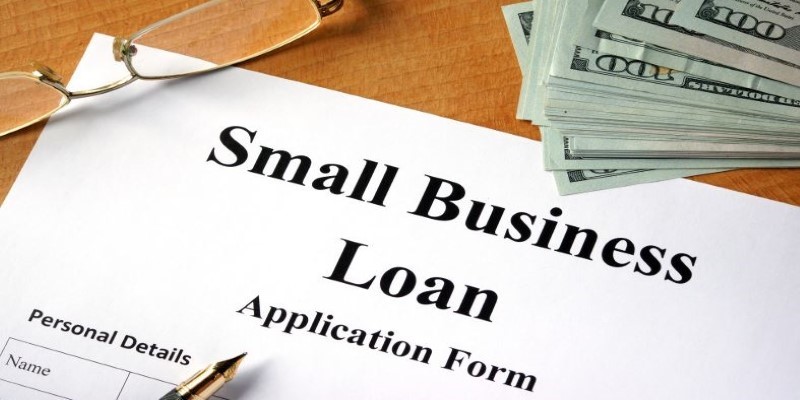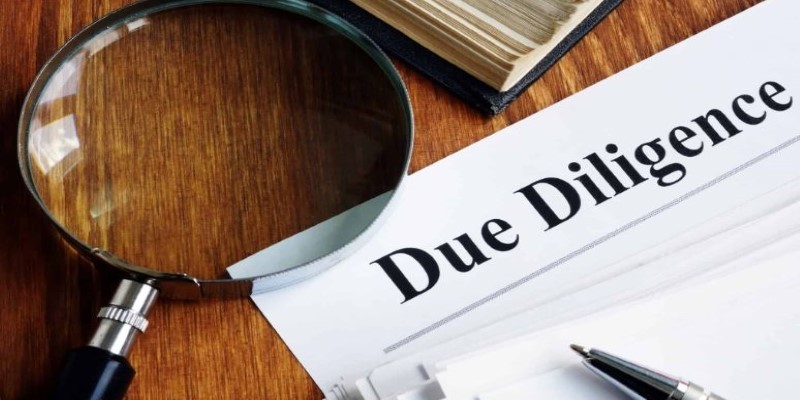Credit scores are numbers that show how good you are at managing money and paying bills. The lowest credit score possible can make it harder to get a loan, rent a home, or even get certain jobs. Knowing what a low credit score is and why it matters can help you make smarter choices about your finances and take steps to improve your score if needed.
What Exactly Is a Credit Score?
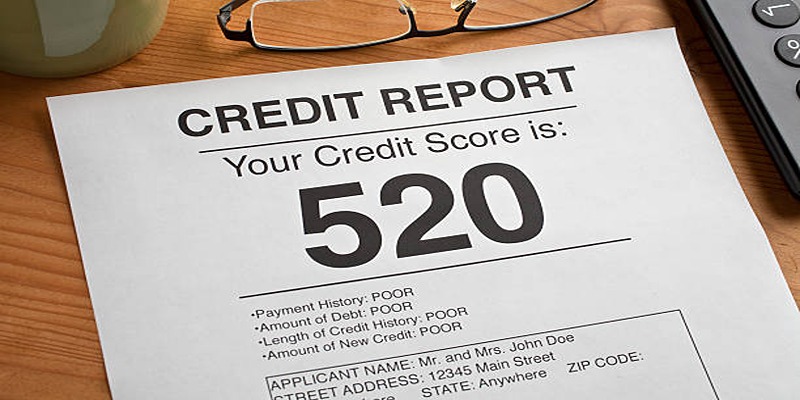
Lenders use this number to assess the risk of lending money to you. Most credit scores are calculated based on the FICO scoring model, which ranges from 300 to 850, with 300 being the lowest possible score. Here’s a general breakdown of FICO credit score ranges:
- Exceptional (800-850): You're likely to get the best interest rates and loan terms.
- Very Good (740-799): You’re seen as a low-risk borrower.
- Good (670-739): You’re generally considered reliable, though you might not get the best rates.
- Fair (580-669): Lenders see you as having moderate risk, which may result in higher interest rates.
- Poor (300-579): You may be deemed a high-risk borrower, which can limit loan options and increase borrowing costs.
What Is the Lowest Credit Score?
The absolute lowest credit score you can have is 300, though it’s worth noting that it’s extremely rare for people to have such a low score. Most individuals with credit errors or poor financial habits tend to fall somewhere in the 500-579 range, rather than hitting rock bottom.
A score that low typically indicates serious financial problems, such as repeated missed payments, maxed-out credit lines, accounts sent to collections, or even bankruptcy.
How Does a Low Credit Score Affect You?
When your credit score falls into the lowest ranges (Poor or Fair), it can impact your life in significant ways:
- Higher Interest Rates: A bad credit score can lead to interest rates that are much higher, resulting in expensive loan terms. For instance, someone with a 580 credit score could pay thousands more in interest over a loan term compared to someone with a 750 score.
- Limited Access to Loans: Lenders may deny your applications entirely, especially for unsecured products like credit cards or personal loans.
- Higher Insurance Premiums: Some insurance companies use your credit score to determine your premiums, which might be higher if your score is low.
- Difficulty Renting an Apartment: Landlords often run credit checks before approving tenants. A low score can result in higher security deposits or even rejection.
- Employment Risks: Some employers look at credit reports during the hiring process, particularly for financial roles. While they don’t see your score directly, a low score often correlates with negative credit report entries (e.g., collections, judgments).
Why Do Credit Scores Get so Low?
Understanding the factors that influence your credit score can help you avoid the pitfalls that lead to a low score. Here are the key elements that FICO uses to calculate your score:
1. Payment History (35%)
Your payment history is the most important factor. Late or missed payments can significantly harm your score. Even one payment that’s 30 days late can drop your score by up to 100 points.
2. Length of Credit History (15%)
The longer you've had active credit accounts, the better. A thin credit file with limited history can drag your score down, even if you’ve never missed a payment.
3. New Credit (10%)
Applying for multiple credit accounts in a short period can signal risk to lenders since it might look like you're desperate for credit.
What Can You Do to Improve a Low Credit Score?
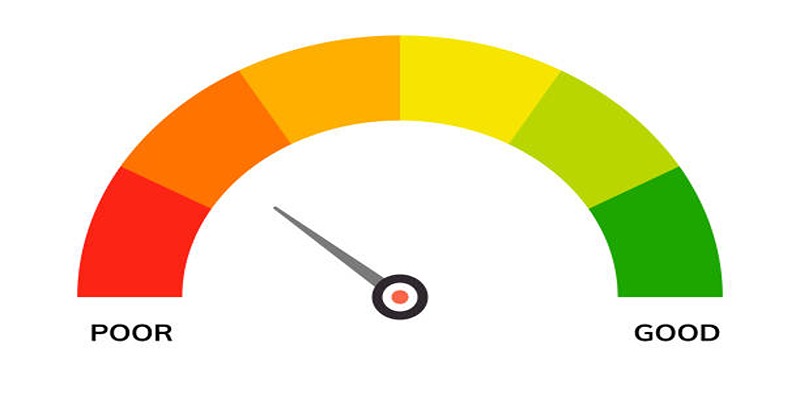
Having a low credit score is not the end of the road. With consistent effort and smart financial habits, you can improve your score over time. Here are six actionable tips:
- Pay Your Bills on Time: Make it a priority to pay at least the minimum due on loans, credit cards, and bills by their due dates. Setting reminders or automating payments can help ensure you don’t miss deadlines.
- Reduce Credit Card Balances: Aim to keep your credit utilization below 30%. If your total credit limit is $10,000, try to use no more than $3,000. Better yet, paying off your card balance in full every month can have a positive impact.
- Avoid Multiple Credit Applications: Every time you apply for credit, a hard inquiry is made on your credit report, which can temporarily lower your score. Be selective and only apply for credit products when necessary.
- Build Positive Credit History: If you're new to credit or rebuilding, consider a secured credit card or a credit-builder loan. Both can help establish or improve your credit history when managed responsibly.
- Be Patient: Improving your credit score takes time. Even simple efforts, like consistently paying down debt and avoiding missed payments, can yield positive changes within six months to a year.
Conclusion
Improving your credit score is a gradual process that requires discipline, consistency, and smart financial decisions. By monitoring your credit regularly, making timely payments, and managing your debt effectively, you can work towards achieving a healthier credit profile. Remember, building a strong credit score is not only about financial stability but also opens doors to better opportunities in the future. Stay committed, and the results will follow.








